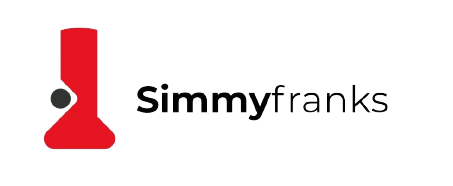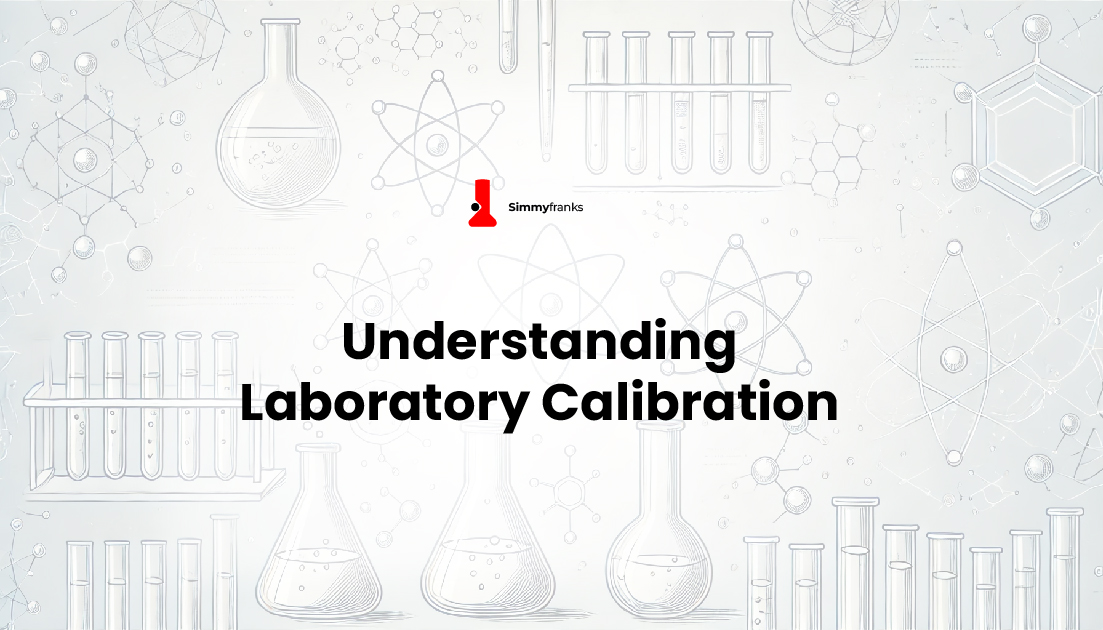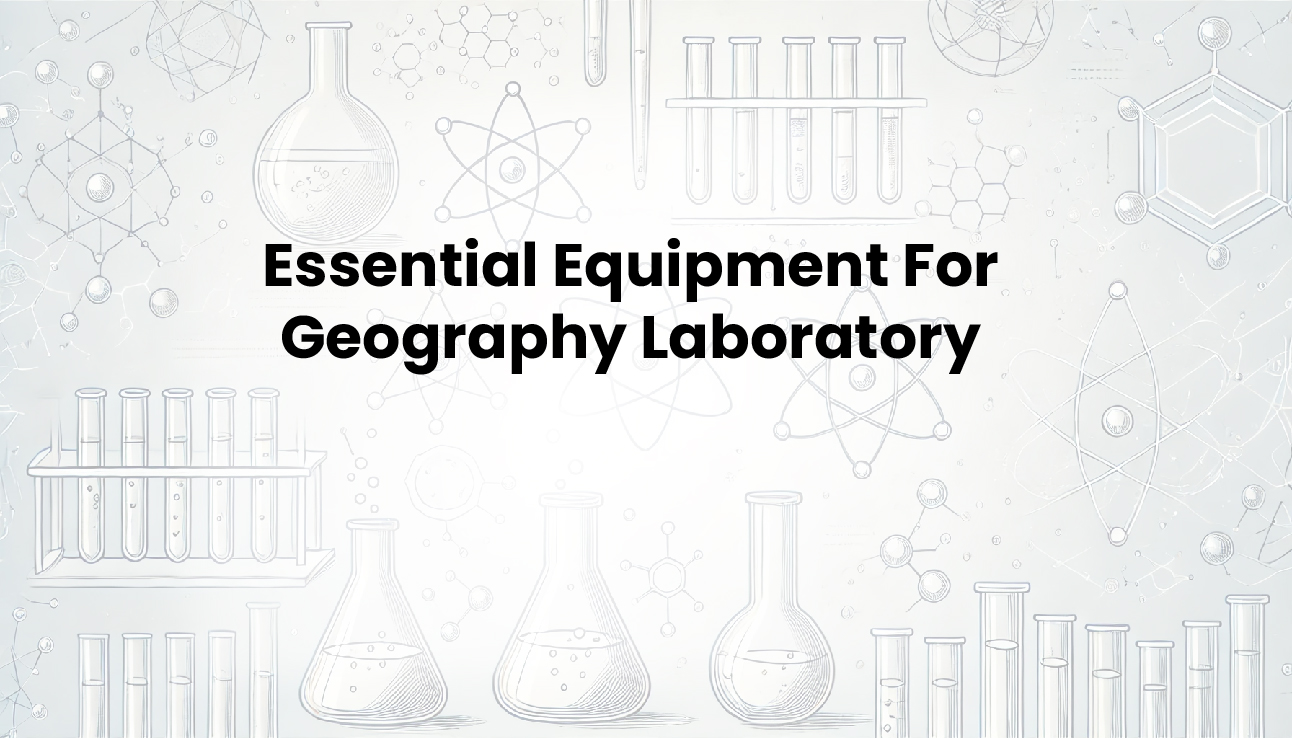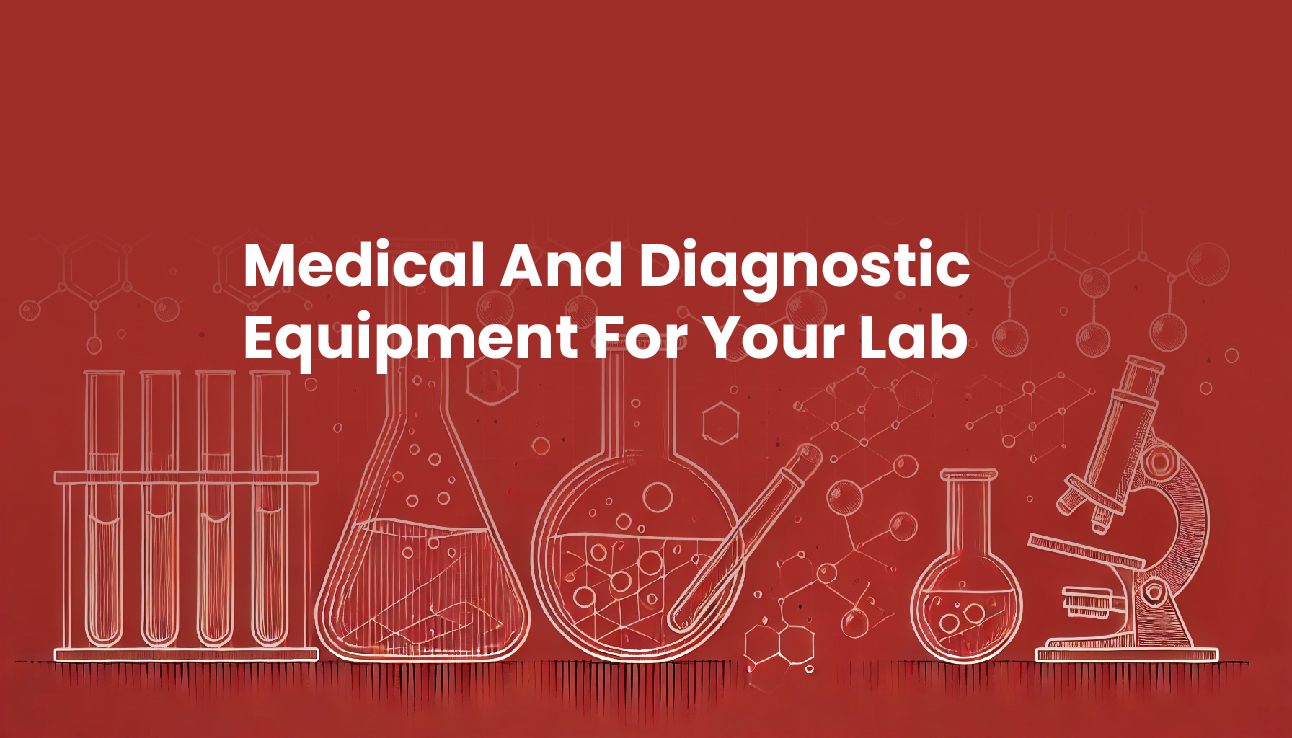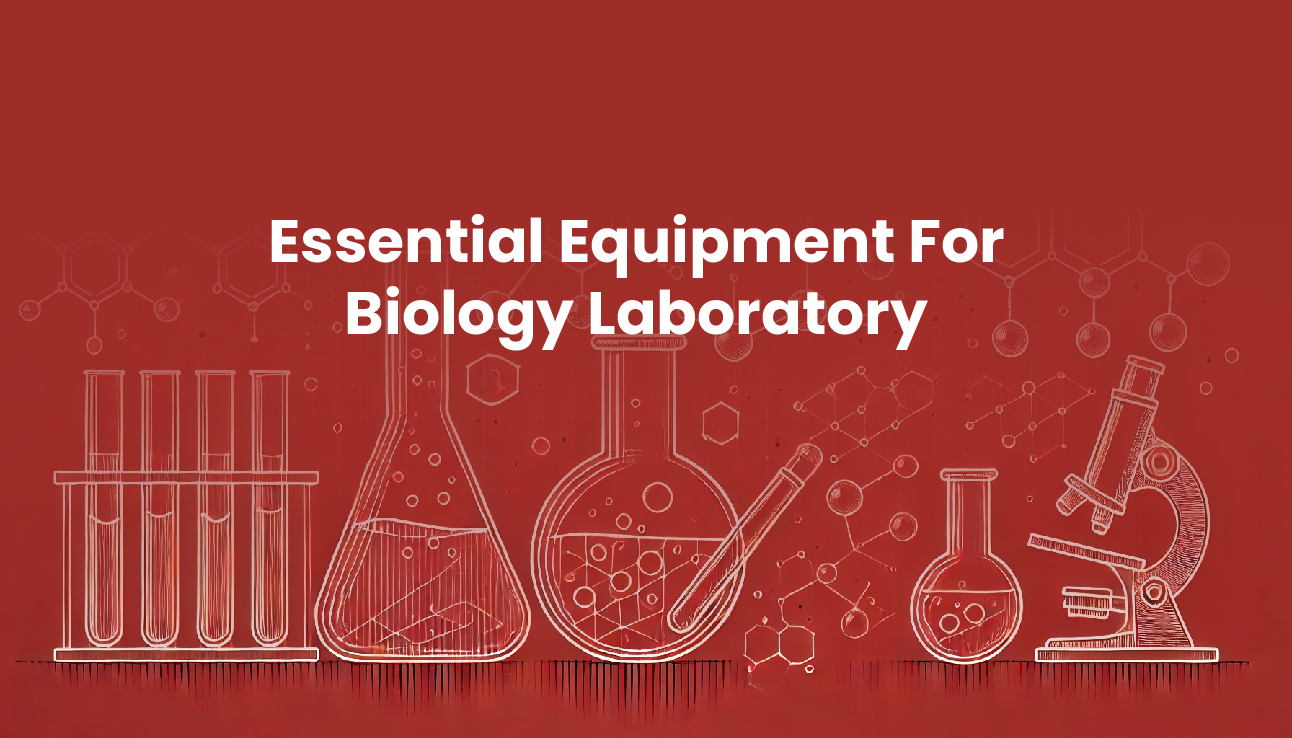Do you have a cosmetics factory? Find out the essential laboratory equipment for the cosmetics laboratory. The cosmetics industry is a highly regulated sector that requires rigorous testing and quality control to ensure the safety and efficacy of products.
Good laboratory equipment enables cosmetic manufacturers to develop, test, and analyze their products precisely and accurately, and this article will explore the essential laboratory equipment required for cosmetics production.
Essential Laboratory Equipment For The Cosmetics Laboratory
Equipment used in the cosmetics laboratory includes:
1. pH meter
pH meters measure the acidity or basicity of cosmetic products, such as skincare creams, shampoos, and soaps. This equipment is crucial in ensuring products are within the optimal pH range for skin and hair health.
2. Spectrophotometers
Spectrophotometers measure a sample’s absorbance or transmittance of light, allowing for the analysis of cosmetic products’ color, texture, and consistency. This equipment is essential for evaluating the color stability and uniformity of products.
3. Rheometers
Rheometers measure the viscosity and flow behavior of cosmetic products, such as creams, lotions, and gels. This equipment helps to optimize product texture and stability, ensuring that products have the desired consistency and spreadability.
4. Texture analyzers
Texture analyzers evaluate the physical properties of cosmetic products, such as firmness, elasticity, and adhesiveness. This equipment is used to assess the texture and feel of products, ensuring that they meet consumer expectations.
5. Microscopes
Microscopes are used to examine the morphology and structure of cosmetic ingredients, such as powders, pigments, and emulsions. This equipment helps to identify contaminants, evaluate particle size, and optimize product formulation.
6. Chromatography systems
Chromatography systems, such as HPLC (High-Performance Liquid Chromatography) and GC (Gas Chromatography), separate, identify, and quantify the components of cosmetic products. This equipment is essential for detecting impurities, evaluating product purity, and ensuring compliance with regulatory standards.
7. Autoclaves
Autoclaves are used to sterilize laboratory equipment, glassware, and cosmetic products, ensuring a contamination-free environment for testing and production.
8. Ovens and incubators
Ovens and incubators are used to control temperature and humidity conditions, simulating real-world environments to test the stability and shelf life of cosmetic products.
9. Centrifuges
Centrifuges are used to separate particles and liquids, facilitating the analysis of cosmetic products, such as creams, lotions, and serums.
10. Data loggers
Data loggers record and monitor temperature, humidity, and other environmental conditions, ensuring that laboratory testing is conducted under controlled and consistent conditions.
11. Vacuum emulsifier homogenizer
It is a complete system for manufacturing viscous emulsion, dispersion, and suspension in either small-scale or large-scale cosmetic industries.
12. Mixers
Such as double planetary mixers, triple roller Mills, and vacuum mixers, which are used to combine and blend ingredients.
13. Blenders
Like ribbon blenders,v-blenders are used to mix and blend powders and liquids.
14. Hot plate
The hot plate is mostly used when a solution or mixture needs to be heated up to a specific temperature.
15. Fume hood
A fume hood is a ventilated enclosed workspace intended to capture, contain, and exhaust harmful or dangerous fumes, vapors, and particulate matter generated by procedures conducted within the fume hood.
16. Personal protective equipment (PPE)
Personal protective equipment includes hand gloves, facemasks, hair nets or caps, cover shoes, laboratory coats, gas masks, goggles, etc.
These equipments are designed to offer protection from:
- Chemical splash
- Debris and airborne particles
- Inhaling harmful chemicals that could cause respiratory diseases
- Direct skin contact with chemicals, etc.
17. Fire extinguisher and fire blanket
Fire extinguishers and fire blankets provide immediate response to emergency fire hazards in the laboratory.
Importance Of Good Laboratory Equipment For The Cosmetics Industry
- Ensure product safety and efficacy: Laboratory equipment helps to identify potential hazards and ensures that products meet regulatory standards.
- Optimizes product formulation: Equipment such as rheometers and texture analyzers help to optimize product texture, consistency, and stability.
- Improves product quality: Laboratory equipment ensures that products meet consumer expectations, leading to increased customer satisfaction and loyalty.
- Reduces cost: Equipment such as spectrophotometers and chromatography systems help to identify impurities and contaminants, reducing waste and minimizing production costs.
- Enhances research and development: Laboratory equipment facilitates the development of new products and formulations, driving innovation and growth in the cosmetic industry.
Get The Laboratory Equipment For Your Cosmetics Laboratory From Simmyfranks
Simmyfranks is a leading supplier of laboratory equipment, offering a wide range of high-quality products to cater to the needs of various laboratories, research institutions, and education facilities. With a commitment to providing excellent customer service and competitive pricing, we are your go-to destination for laboratory professionals seeking reliable and efficient equipment.
At Simmyfranks, we understand the importance of reliable and high-quality cosmetics laboratory equipment for your formulation and testing needs. We offer an extensive range of laboratory essentials, carefully curated from trusted manufacturers to ensure exceptional performance and precision.
Visit our shop or send a quote.
Laboratory Equipment For The Cosmetics Laboratory: FAQs
What are the essential laboratory equipment required for the cosmetic industry?
The essential laboratory equipment required for the cosmetic industry includes pH meters, viscometers, spectrophotometers, centrifuges, homogenizers, hot plates, and ovens.
What is the purpose of a pH meter in a cosmetic laboratory?
A pH meter is used to measure the acidity or basicity of a cosmetic product, which is crucial in ensuring the product’s stability, efficacy, and safety.
How does a viscometer help in cosmetic product development?
A viscometer measures the viscosity of a cosmetic product, which is important in determining its texture, spreadability, and flow behavior.
What is the role of a spectrophotometer in cosmetic testing?
A spectrophotometer measures the absorbance or transmittance of light by a cosmetic product, which helps in determining its color, clarity, and stability.
How does a centrifuge help in cosmetic product development?
A centrifuge separates particles or phases in a cosmetic product, which is important in emulsion stability testing, particle size analysis, and product purification.
What is the purpose of a homogenizer in cosmetic manufacturing?
A homogenizer mixes and blends cosmetic ingredients uniformly, ensuring consistent product quality and texture.
How does a hot plate help in cosmetic product development?
A hot plate is used to heat and mix cosmetic ingredients, which is important in product formulation, melting point determination, and thermal stability testing.
What is the role of an oven in cosmetic testing?
An oven tests cosmetic products’ stability and shelf life under controlled temperature and humidity conditions.
How do I ensure the accuracy and precision of my laboratory equipment in a cosmetic laboratory?
Regular calibration, maintenance, and validation of laboratory equipment are essential to ensure accuracy and precision in cosmetic testing and product development.
What are the safety considerations when working with laboratory equipment in a cosmetic laboratory?
Safety considerations include wearing personal protective equipment (PPE), following standard operating procedures (SOPs), and ensuring proper ventilation and electrical safety when working with laboratory equipment.
Can I use laboratory equipment from other industries in a cosmetic laboratory?
While some laboratory equipment may be similar across industries, it’s essential to ensure that the equipment is specifically designed and validated for use in the cosmetic industry, as the requirements and regulations may differ.
How do I choose the right laboratory equipment supplier for my cosmetic laboratory?
Consider factors such as the supplier’s reputation, product quality, customer support, and compliance with industry regulations and standards when selecting a laboratory equipment supplier for your cosmetic laboratory to ensure the product’s stability, efficacy, and safety.
Are you looking to build or upgrade your cosmetics laboratory?
Visit our shop or send a quote.

